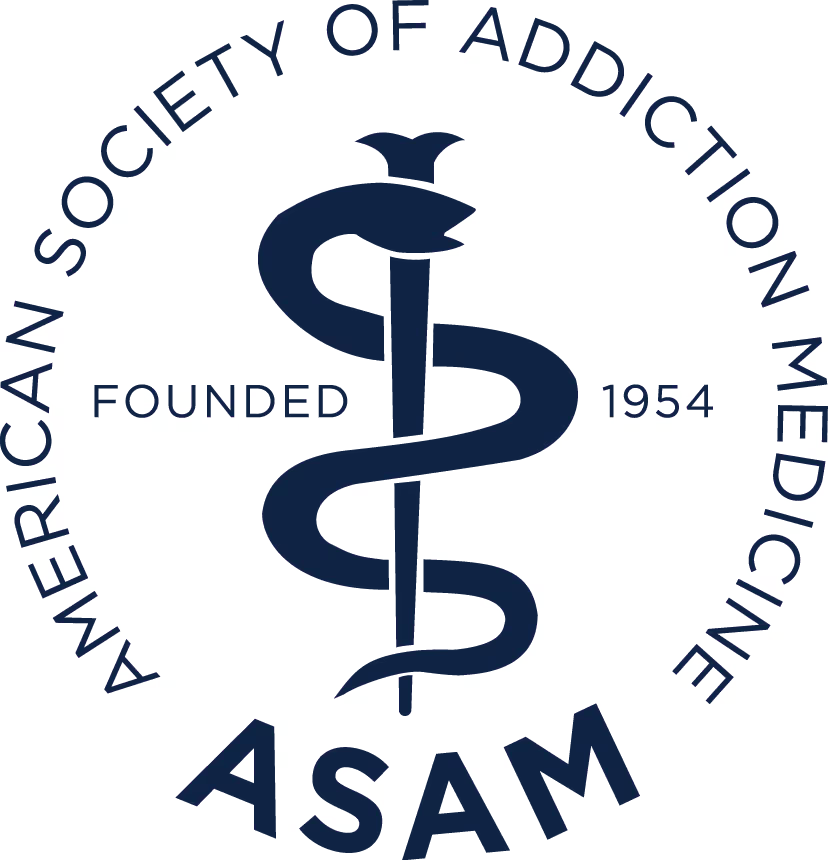Addiction touches nearly every corner of American society. From urban centers to rural towns, families and communities are impacted by the ongoing opioid crisis, rising alcohol misuse, and the spread of powerful synthetic drugs like fentanyl. Yet amid the challenges, one truth continues to shine through: professional treatment works.
By understanding the scope of addiction in the United States and the proven success rates of evidence-based treatment, we can see just how powerful recovery can be when individuals receive the right support.
The Scope of Addiction in America
The numbers underscore how widespread substance use disorders (SUDs) are in the United States:
- In 2022, more than 48.7 million Americans aged 12 and older had a substance use disorder (SAMHSA, 2023).
- Alcohol remains the most misused substance, with about 29.5 million people meeting criteria for alcohol use disorder (AUD) (SAMHSA, 2023).
- The opioid epidemic continues to devastate communities, with over 80,000 opioid overdose deaths reported in 2021 alone (CDC).
- Synthetic opioids like fentanyl now account for over 70% of overdose deaths, highlighting the increasing danger of street drugs (National Institute on Drug Abuse, 2022).
Behind each number is a real person. Someone’s son or daughter, parent, friend, or colleague. And while the data illustrates a serious crisis, it also highlights the urgent need for effective solutions.
Why Professional Treatment Matters
Despite the magnitude of the problem, treatment remains underutilized. Of the nearly 49 million people with an SUD, only about 6.8% received treatment in 2022 (SAMHSA).
The consequences of going untreated are severe: health deterioration, relationship breakdowns, loss of employment, legal issues, and for many, premature death. Professional treatment is designed to break this cycle by combining medical care, therapy, and long-term support strategies.
Professional treatment offers:
- Medical Detox to manage withdrawal symptoms safely.
- Evidence-Based Therapies like Cognitive Behavioral Therapy (CBT) and Motivational Interviewing (MI).
- Medication-Assisted Treatment (MAT) for opioid and alcohol use disorders.
- Peer and Group Support, which provides connection and accountability.
Recovery Rates with Professional Treatment
While addiction is often portrayed as hopeless, research paints a different picture. Recovery is not only possible, it’s common when professional treatment is involved.
- Studies show that 40% to 60% of people relapse after treatment, but relapse rates are similar to other chronic illnesses like diabetes or hypertension (NIDA). Importantly, relapse does not equal failure—it signals that treatment adjustments are needed.
- Data from the National Institute on Drug Abuse shows that those who complete a treatment program are far more likely to maintain sobriety than those who attempt recovery alone.
- A study published in Drug and Alcohol Dependence found that individuals in medication-assisted treatment programs for opioids had a 50% reduction in overdose mortality compared to those not in treatment.
- Long-term studies reveal that over 75% of people who recover from addiction go on to live stable, productive lives (CDC/NIAAA).
These numbers highlight the truth: with consistent care, support, and medical oversight, recovery is not only achievable but sustainable.
The Role of Detox in Recovery
The first step in recovery is often detox, which is removing drugs or alcohol from the body. Without medical supervision, detox can be dangerous. For example:
- Alcohol withdrawal can lead to seizures or delirium tremens (DTs).
- Opioid withdrawal causes intense physical pain, dehydration, and increased relapse risk.
- Benzodiazepine withdrawal may result in seizures and severe anxiety.
A safe, supervised detox environment ensures that withdrawal symptoms are managed, medical complications are addressed, and the individual is stabilized before moving into deeper therapeutic work.
According to SAMHSA, people who undergo medically supervised detox followed by ongoing treatment are significantly more likely to complete their recovery programs than those who attempt detox alone.
Long-Term Support Makes the Difference
Detox is critical, but it is only the beginning. Recovery is most effective when it extends beyond the initial withdrawal phase. Research shows that programs lasting 90 days or longer are associated with the best outcomes (NIDA). Extended care allows individuals to:
- Address the root causes of addiction.
- Learn healthy coping skills for stress and cravings.
- Rebuild personal relationships.
- Reinforce new behaviors through repetition and support.
Participation in aftercare programs such as outpatient counseling, sober living, or peer recovery groups, further increases the likelihood of maintaining sobriety.
Addiction Recovery in Perspective
It’s important to see recovery not as a one-time event but as an ongoing process, similar to managing other chronic conditions. Just as people with diabetes must monitor diet and medication, individuals in recovery benefit from ongoing support, self-awareness, and regular check-ins with professionals.
And while setbacks are possible, each day sober is a victory that contributes to long-term health and stability.
A Path Forward
Addiction recovery in America is a story of both challenge and hope. While millions continue to struggle, millions more are finding their way to lasting sobriety with the help of professional treatment. The data proves it: treatment works, and recovery is possible.
For individuals or families seeking a fresh start, it may feel overwhelming to take the first step. But behind the statistics are countless stories of transformation with people who once felt hopeless but are now living fulfilling, healthy lives.
If you or someone you love is ready to begin recovery, know that help is available. Regal Treatment, a Los Angeles-based detox and rehab center, provides medically supervised detox, evidence-based therapy, and holistic support in a private and restorative environment. By choosing professional care, you are choosing the proven path to healing.
.png)
.png)
.png)
.png)
.png)
.png)
.avif)


